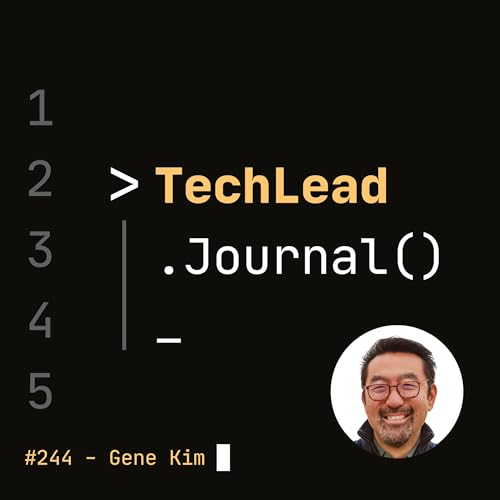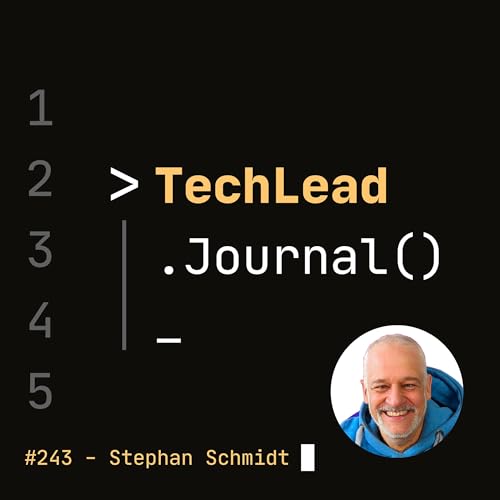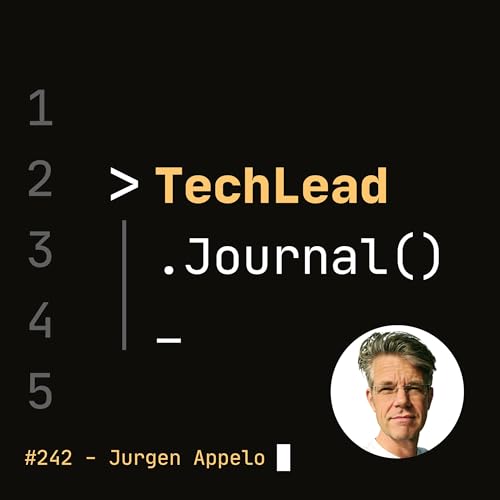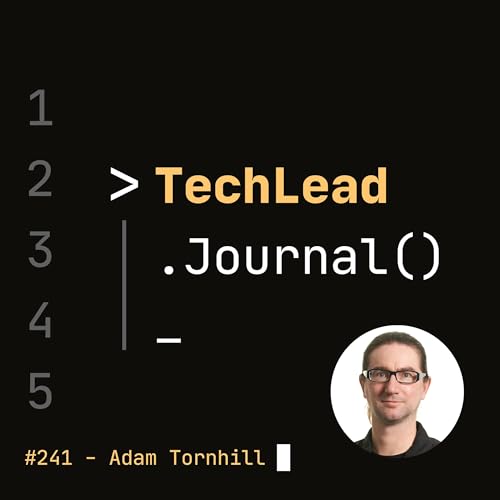Why are tech companies really laying off developers? The uncomfortable truth has nothing to do with AI efficiency and everything to do with running out of ideas.
In this episode, Stephan Schmidt, CTO coach and author of “The Amazing CTO’s Missing Manual,” shares a perspective on AI adoption that most tech leaders aren’t talking about. Developer layoffs aren’t about AI replacing jobs; they reveal a deeper problem. Product management has become a bottleneck, creating shallow features just to keep developers busy rather than driving meaningful innovation. When AI accelerates development, this bottleneck becomes impossible to ignore.
Stephan explains why architecture must be AI-ready before teams can benefit from AI tools, how CTOs can manage unrealistic business expectations, and why junior developers actually have a massive opportunity right now. He also challenges the common belief that vibe coding will democratize software development, explaining why you need to be a strong developer to prompt effectively.
Key topics discussed:
- Why AI layoffs reveal companies ran out of good ideas
- Architecture must be AI-ready for real productivity gains
- Vibe coding only works if you’re already a strong developer
- Product engineering roles will replace traditional developers
- MCP connections unlock AI value beyond code generation
- Juniors have huge advantage as AI-native engineers
- Iterate on plans, not prompts, when using AI tools
- CTOs can finally “rise and shine” using AI strategically
Timestamps:
- (00:00) Trailer & Intro
- (03:19) How do companies become truly AI-first?
- (04:13) How should CTOs manage unrealistic AI velocity expectations?
- (08:35) AI Use Cases Beyond Code Generation
- (12:04) What is MCP and how does it unlock AI value?
- (15:04) Why Developers Resist AI Adoption
- (18:35) Are AI layoffs caused by a lack of product innovation?
- (21:22) What is the future for junior developers in the age of AI?
- (24:36) Critical Thinking and Moving Up the Abstraction Layer
- (27:24) Vibe Coding: Benefits and Pitfalls
- (31:59) What is the difference between a Developer and a Product Engineer?
- (35:59) Building an Effective AI Adoption Strategy
- (38:06) AI Adoption Strategy for Development Teams
- (40:44) Avoiding the AI Tech Zoo
- (44:48) How do tech leaders handle AI data privacy and security?
- (50:31) How is the CTO role changing in 2026?
- (57:23) 3 Tech Lead Wisdom
Like this episode?
Show notes & transcript: techleadjournal.dev/episodes/243.
Follow @techleadjournal on LinkedIn, Twitter, and Instagram.
Buy me a coffee or become a patron.
 1 hora e 6 minutos
1 hora e 6 minutos 1 hora e 33 minutos
1 hora e 33 minutos 1 hora e 4 minutos
1 hora e 4 minutos 1 hora e 2 minutos
1 hora e 2 minutos
 Dec 1 20251 hora e 2 minutos
Dec 1 20251 hora e 2 minutos Nov 24 20251 hora e 7 minutos
Nov 24 20251 hora e 7 minutos 1 hora e 6 minutos
1 hora e 6 minutos
